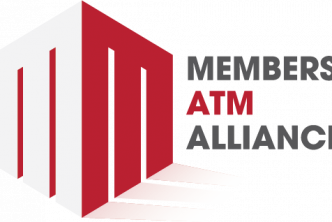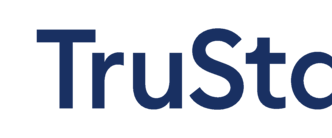By John Cohron
CEO of JMFA
Given the mounting economic challenges facing many consumers since the coronavirus pandemic began, financial institutions have taken extraordinary measures to provide the services and advice necessary to help their account holders maintain financial stability.
Operating under the unprecedented conditions of a national emergency since mid-March, community banks and credit unions have had to make adjustments in operations and service delivery like never before—from providing services and advice while working from remote locations to administering emergency financial relief to consumers and businesses through government stimulus payments without the offset of fees or the repayment of overdrafts.
While regulators have eased some business requirements since the pandemic began to help financial institutions address consumer financial needs, they are still focused on monitoring and analyzing operations, liquidity, capital, asset quality and consumer compliance risk.
Proven compliance expertise and resources support effective program management
As a trusted overdraft services provider for decades, JMFA has worked with more than 2,000 community banks and credit unions throughout the U. S. to ensure that their overdraft solution meets the ever-changing financial needs of their account holders. And while no new regulations have been introduced related to overdraft programs, it is extremely important in these challenging times to adhere to existing expectations and industry best practices to avoid any confusion for account holders who could lead to increased scrutiny by examiners or class action lawsuits.
For example, with the ensuing rise in the use of contactless payment methods, it is imperative to secure account holder opt-in for coverage on Reg E transactions. With our Privilege Manager CRM® software alert capabilities, client institutions are continuing to see positive results due to an increase in Reg E opt-ins and overall program utilization. Plus, the ability to automatically send proactive text or email messages to explain the service to account holders and alert them of their options to cover important transactions enables our clients to keep program users informed and provides them with additional financial peace of mind.
Does your overdraft program management software alert staff members when an account holder has a POS transaction declined because he or she did not opt in for overdraft protection? Are you able to easily communicate program details and compliant messaging to improve the account holder service experience?
Professional guidance offers clarity along the road to recovery
As we all continue to work through the challenges of doing business during a global pandemic, it is also vitally important to alert your account holders to any changes you implement in your overdraft program or procedures. For instance, including a “COVID-19 policy” in your overdraft compliance manual is highly recommended to protect you from having to explain to your examiner how you have handled overdrafts in comparison to situations like the current crisis without adequate disclosure.
In the months ahead, community banks and credit unions will face extraordinary circumstances that will impact the way they deal with changes to operations, maintain dependable sources of revenue and serve account holders’ financial needs. Listen to JMFA’s podcast episode, Trends Update on Overdraft Services, as CEO John Cohron shares advice on how to remain agile in order to contend with the current environment. Topics covered include how to improve performance and prepare for the post-pandemic recovery, as well as how to maintain compliance peace of mind, provide valuable, communicated services to your account holders and much more.






